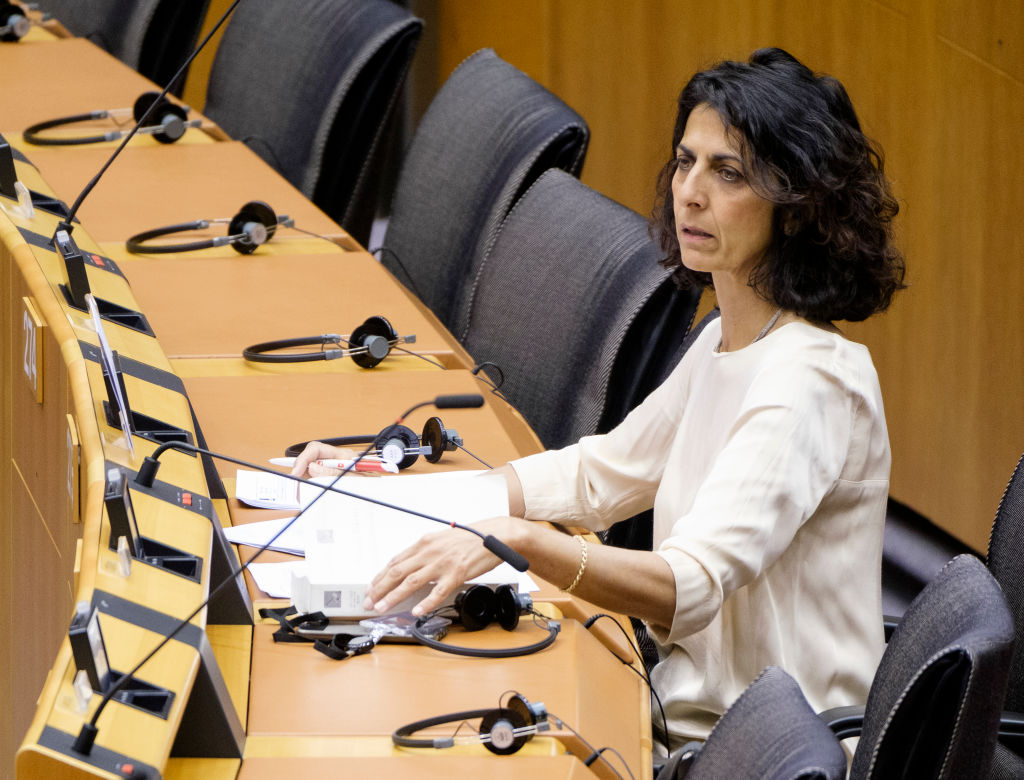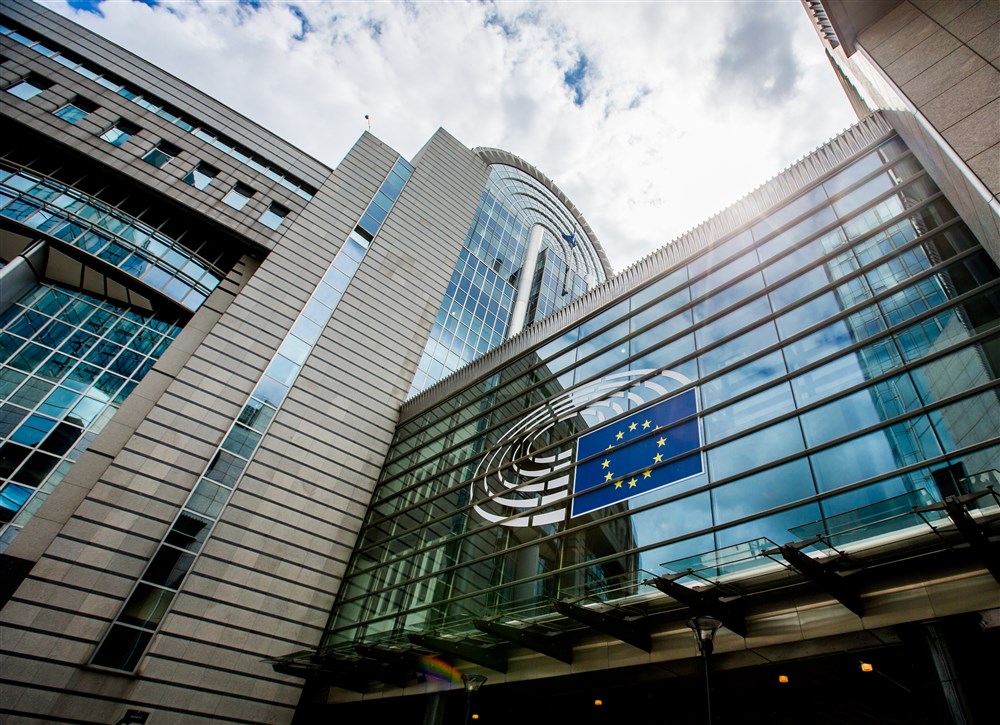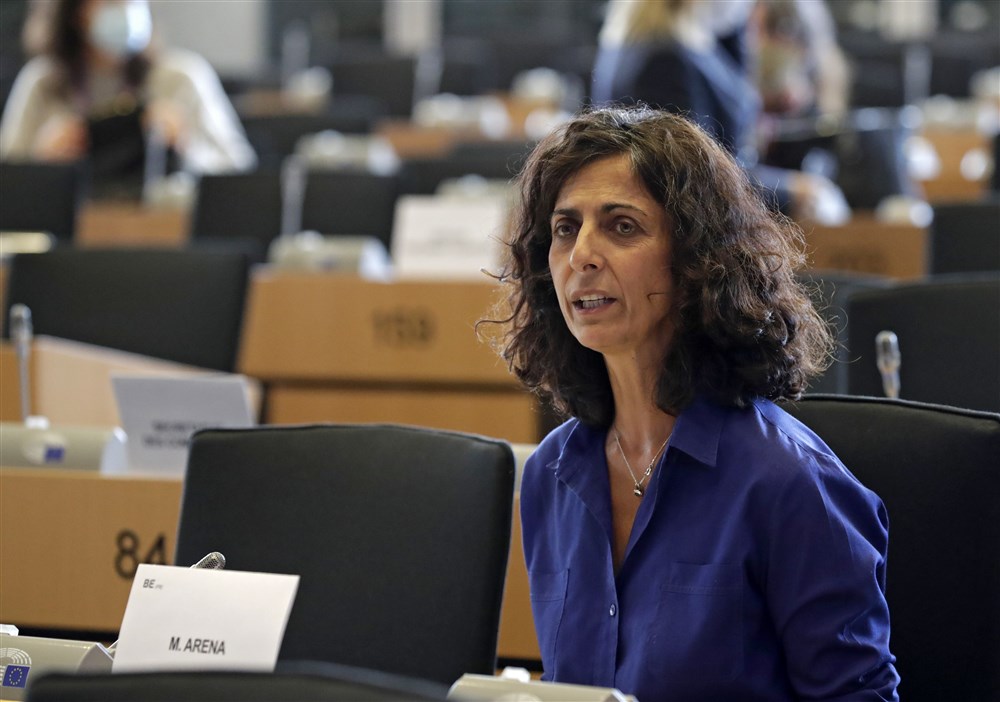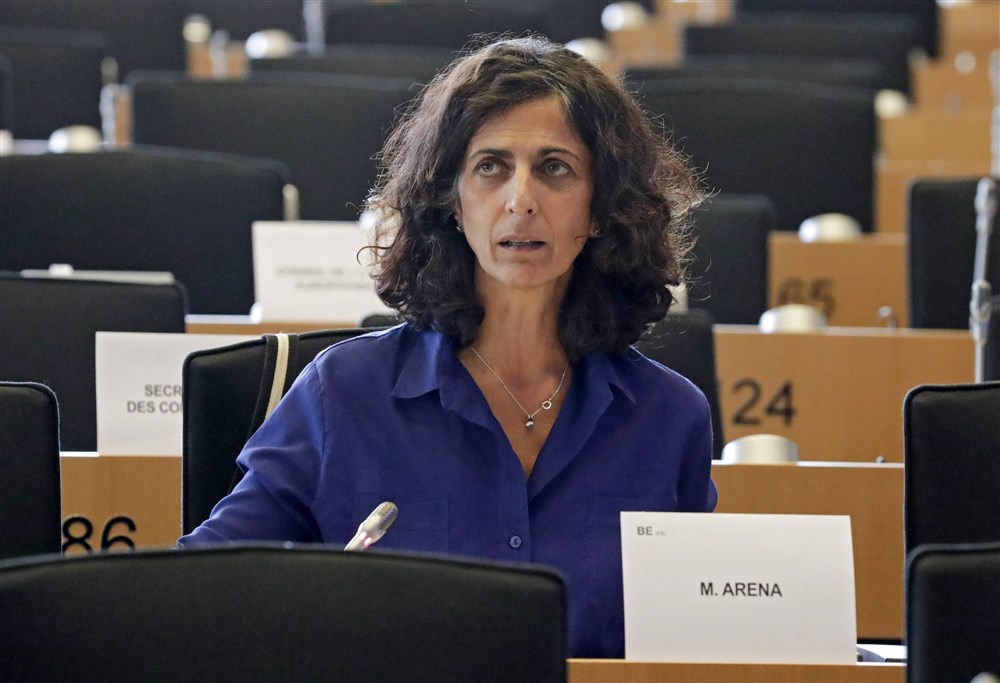Belgian media has reported that the former Qatargate lead investigator, Michel Claise, wanted the Belgian MEP, Marie Arena, who is in the spotlight regarding issues relating to the scandal, to be relieved of her Parliamentary immunity some time ago.
Now, it seems that may well happen as parts of conversations she had with key figures on December 9, as Qatargate arrests kicked off, have been unveiled.
Arena’s name has been popping up in the Qatargate inquiry over alleged bribes paid to MEPs from the start but she was never an official suspect. However, a series of recent revelations make it difficult for some observers to accept she wasn’t intimately involved. On June 28, two new stories further fuelled the fire.
Belgian outlet Sud Presse published excerpts of discussions held as Belgian police started arresting Qatargate suspects. At the time, many police suspects’ activities were being monitored via wiretapping.
Arena, apparently, was not one of them but conversations with those who were in contact with her seem to indicate she had a significant role.
She was among the first people the then-Vice President of the European Parliament, Eva Kaili, had called following the arrest of Kaili’s partner, Francesco Giorgi, whose “boss” was Pier Antonio Panzeri. Panzeri is the lead suspect in Qatargate and he has struck a plea-bargain deal with prosecutors.
According to media, between mid-December 2021 and mid-September 2022, there were at least 389 phone calls between Arena and Panzeri.
One of the other individuals under police surveillance was Giuseppe Meroni, Panzeri’s former parliamentary assistant, who was still working within the European Parliament’s Group of the Progressive Alliance of Socialists and Democrats (S&D) at the time. Transcripts of conversations Arena and Meroni had on December 9 have now been made public.
When Qatargate erupted and panic ensued among many officials, “Marie Arena remained surprisingly calm, like a conductor leading the musicians”, Sud Presse noted. It also revealed that investigators gave Meroni and Arena secret code names. Meroni was referred to as “Mint” and Arena as “Auburn”.
On the first call of the day on December 9, with Meroni, Arena asked if he was aware of what had happened and if he knew where “he” was. The police concluded that she was referring to Panzeri.
Arena informed “Mint” that the police had searched her assistant Donatella Rostagno’s house. Meroni was seemingly surprised but “Auburn” said the search was “because [Rostagno] had worked with [the human rights group] Fight Impunity”.
The investigators further deduced Arena had intervened to secure a lawyer for Panzeri.
Perhaps more problematic news for Arena comes from another media outlet, La Libre Belgique. It has reported that, three months ago, Claise had already planned to request the lifting of her parliamentary immunity over her possible role regarding Qatargate. However, the federal prosecutor considered Claise’s request ‘premature’, due to its ‘timing’ and a lack of resources.
La Libre Belgique reported that, in mid-June, Claise was about to submit a second request regarding Arena’s immunity. However, in what looks like a surprising coincidence, Maxim Töller, the lawyer for Socialist MEP, Marc Tarabella, one of the defendants in the Qatargate case, informed Claise that he had evidence of a potential conflict of interest on his part, which would lead to the judge’s recusal, or disqualification, from the investigation.
Arena was, it seems, close to Panzeri and Claise, leading to the latter having to step down from his investigative role in Qatargate due to “possible conflict of interest”.
That was based on the revelation that Arena’s and Claise’s sons together owned cannabis-products company BRC & Co. It turned out Arena appeared to have lobbied in the European Parliament on behalf of the firm’s operations and that the company used the same accountants as non-profit organisations apparently run by Panzeri.
Both the federal prosecutor and Claise emphasise there was no conflict of interest. It seems the chief investigator disqualified himself to “avoid feeding the plausible appearance of a conflict of interest” and that was why “the investigating magistrate chose to recuse himself”.
The revelation that Claise had wanted to remove Arena’s parliamentary immunity, which some claim would have happened were it not for the intervention of Töller, is viewed by several observers as proof that Claise was acting in good faith.
Nevertheless, lawyers for other defendants in the case have also expressed surprise at the apparent tardiness on the part of Claise and his team over interviewing Arena. She could, for example, have been questioned simply as a witness, they say.
In relation to Arena, La Libre said it has learned it is more likely that the request to remove her immunity will soon become effective. Sources told the Belgian newspaper confessions and revelations supplied by Panzeri may well prove the stimulus for such a move.
Arena has never been officially questioned over the Qatargate scandal and has always proclaimed her innocence. The latest revelations don’t point to criminal behaviour as such either, only that she was very close to Panzeri and that investigators want to dig deeper.
Tarabella, Arena’s former party colleague, has already been kicked out of the Socialist Party and is, say observers, effectively under suspicion regarding Qatargate, which it seems are based on allegations made by Panzeri.





